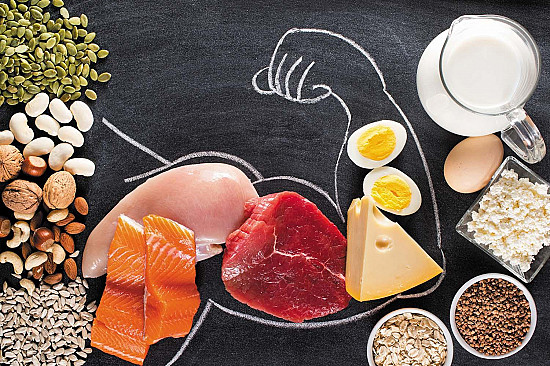Grapefruit juice and statins

Q: I've heard that people shouldn't drink grapefruit juice if they're taking a statin. Why?
A: Certain classes of drugs — most notably statins — are metabolized (broken down) in your intestines by an enzyme called CYP3A, which normally reduces the amount of drug that enters your bloodstream. Grapefruit juice contains compounds called furanocoumarins that stop CYP3A from doing its job. As a result, more of the drug is absorbed, making it more powerful than it's meant to be — even toxic in some cases.
Not all statins are affected equally by grapefruit juice, so grapefruit fans might want to switch to a statin that's less affected (see the table below). But if you can't switch, experts say it's probably okay to enjoy a small glass. That's because the studies showing dangerous effects used massive amounts of furanocoumarins, the amount found in a quart or more of the juice. What's more, eating half a grapefruit is even less risky than drinking grapefruit juice, since it takes several fruits to make a single glass of juice. But to be on the safe side, check with your doctor, and avoid taking your pills with grapefruit juice.
|
The grapefruit effect Grapefruit juice affects certain statins more than others. |
|
|
Big effect |
Little or no effect |
|
atorvastatin (Lipitor) |
fluvastatin (Lescol) |
|
lovastatin (Mevacor) |
pitavastatin (Livalo) |
|
simvastatin (Zocor) |
pravastatin (Pravachol) |
|
rosuvastatin (Crestor) |
|
To learn more about cholesterol and heart disease, read Managing Your Cholesterol, a Special Health Report from Harvard Medical School.
Image: Wavebreakmedia, Ltd./Getty Images
Disclaimer:
As a service to our readers, Harvard Health Publishing provides access to our library of archived content. Please note the date of last review or update on all articles.
No content on this site, regardless of date, should ever be used as a substitute for direct medical advice from your doctor or other qualified clinician.















